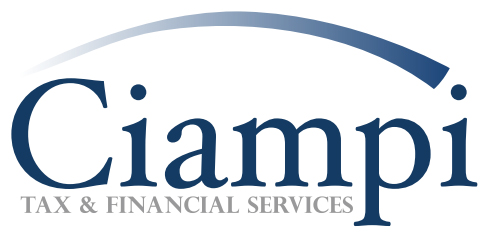Running a small business is no small feat. Whether you’re a solopreneur, an LLC owner, or managing a small team, your focus is likely pulled in several directions—client satisfaction, operations, marketing, payroll, and growth. Amid all this, tax obligations can easily become an afterthought. But ignoring tax responsibilities or getting them wrong isn’t just risky—it’s expensive.
From late filing penalties to costly audits, small errors can snowball into major headaches. Many small business owners unknowingly make the same mistakes year after year, draining valuable resources that could otherwise support growth and profitability.
At Dynamic Tax and Accounting, we work with business owners across New York and New Jersey, helping them avoid common tax pitfalls and implement smart, compliant strategies. In this blog, we’ll break down five of the most frequent tax mistakes made by small business owners and how to sidestep them—so you can stay focused on what matters: growing your business.
Mistake #1: Mixing Personal and Business Expenses
Why This Happens
When you’re starting out, it might feel convenient to use your personal debit or credit card for both personal and business purchases—after all, it’s just one account, and you know what you’re spending it on. But what begins as convenience quickly turns into a paperwork nightmare.
(Check this helpful page out about separating business and person expenses.)
Many entrepreneurs don’t realize how essential it is to maintain a clear financial boundary between their personal life and business operations. This confusion can lead to inaccurate records, disallowed deductions, and even IRS scrutiny.
Real-World Example
Imagine a freelancer who uses a single checking account for both their grocery shopping and client-related expenses. When tax season rolls around, they have to sift through hundreds of transactions, trying to recall which meals were client meetings and which were family dinners. This not only wastes time but risks overlooking legitimate deductions—or worse, accidentally claiming personal expenses as business write-offs.

How to Avoid It
- Open a Dedicated Business Account: This is non-negotiable. Create a separate bank account and credit card for your business. This makes record keeping infinitely easier and strengthens your case during an audit.
- Use Accounting Software: Programs like QuickBooks, Xero, or Wave make it easy to categorize expenses and track them in real-time.
- Implement a Reimbursement Policy: If you ever have to pay for a business expense personally, document it and reimburse yourself properly through your business account.
Bonus Tip: If your business is an LLC or corporation, maintaining this separation is also a legal requirement to preserve your liability protections.





